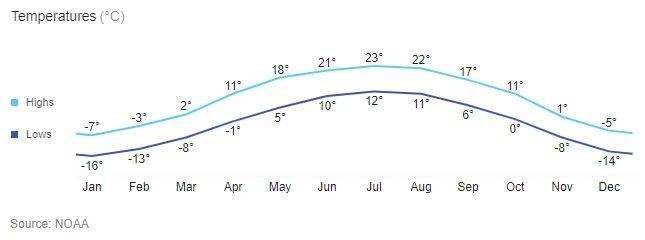

These are mandatory and all come with course.
| Term start& deadline | Deadline | ||
|---|---|---|---|
| Fall-September 30-July-2023 | 2023-07-30 |
|
|
| Winter-January 30-November-2023 | 2023-11-30 |
|
|
| Fall-September 30-July-2024 | 2024-07-30 |
|
This discipline ranges across time and space, from the daily life of peasants to the history of ideas and institutions, from Aztec art to war in Afghanistan.
History has few thematic borders and is eclectic in its choice of research methods.
Specialized history courses cover such diverse topics as crime in early modern Europe, diplomacy and conflict in the modern world, policy related to Indigenous people in Canada, and many others.
In the first two years at MacEwan University, you develop foundational competencies in reading, writing and critical analysis.
Survey courses introduce momentous events and pressing issues across a fascinating array of regions and time periods in order to build contextual knowledge and interpretive skills.
Whether in a lecture or discussion, you have the opportunity to ask questions, exchange viewpoints and develop your own voice.
At the senior level, small, interactive seminars reflect the research specialties of MacEwan's approachable and award-winning faculty.
$32,636
| Cost of living | 1 person | $7,536 |
| Accommodation | 1 bed room | $8,636 |
| Tuition | 1 person | $24,000 |
Duolingo: Minimum overall band score of 115
An applicant who is completely bilingual and fluent in English is entitled to submit a written petition to the Office of the University Registrar providing evidence that the applicant’s English language proficiency exceeds the specified minimum levels, and requesting exemption from the English language proficiency (ELP) requirement.
Applicants with nine to 23 university-level credits must also present a minimum Admission Grade Point Average (AGPA) of 2.0 on a 4.0 scale. Applicants with 24 or more university-level credits will be considered under Previous Post-Secondary Work.
Group A (Humanities): Social Studies 30-1, 30-level language other than English, Aboriginal Studies 30
Group B (Fine Arts): Art 30, Art 31, Communication Technology Advanced (5 credits), Dance 35, Drama 30, Music 30 (Choral, Instrumental or General (5 credits), Musical Theatre 35, Music 35, Performing Arts 35 A, B, or C., Additional 35-level Fine Arts courses may be considered.
Group C (Sciences): Biology 30, Chemistry 30, Mathematics 30-1, Mathematics 30-2 (cannot be used for admission with Pure Mathematics 30 or Mathematics 30-1), Mathematics 31, Physics 30, Science 30, Computing Science Advanced (CTS) (5 credits)
Group D (Optional/Electives): Physical Education 30, Applied Sociology 30, Cultural and Physical Anthropology 30, Experimental Psychology 30, International Politics 30, Macroeconomics 30, Microeconomics 30, Philosophies of Man 30, Religious Studies 35, Western World History 30, World Geography 30, World Religion 30 ,Advanced CTS subjects (5 credits) as follows:
Agriculture, Community Care Services, Construction Technologies, Cosmetology , Criminal Justice Studies, Design Studies, Electro-Technologies, Enterprise and Innovation, Environmental Stewardship, Esthetics, Fabrication Studies, Fashion Studies, Financial Management, Foods, Forestry, Health Care Aide, Health Care Services, Human & Social Services, Information Processing, Legal Studies, Logistics, Management & Marketing, Mechanics, Networking, Power Engineering, Primary Resources, Recreation Leadership, Tourism Studies, Wildlife; Additional CTS courses may be considered.

Related courses in univly